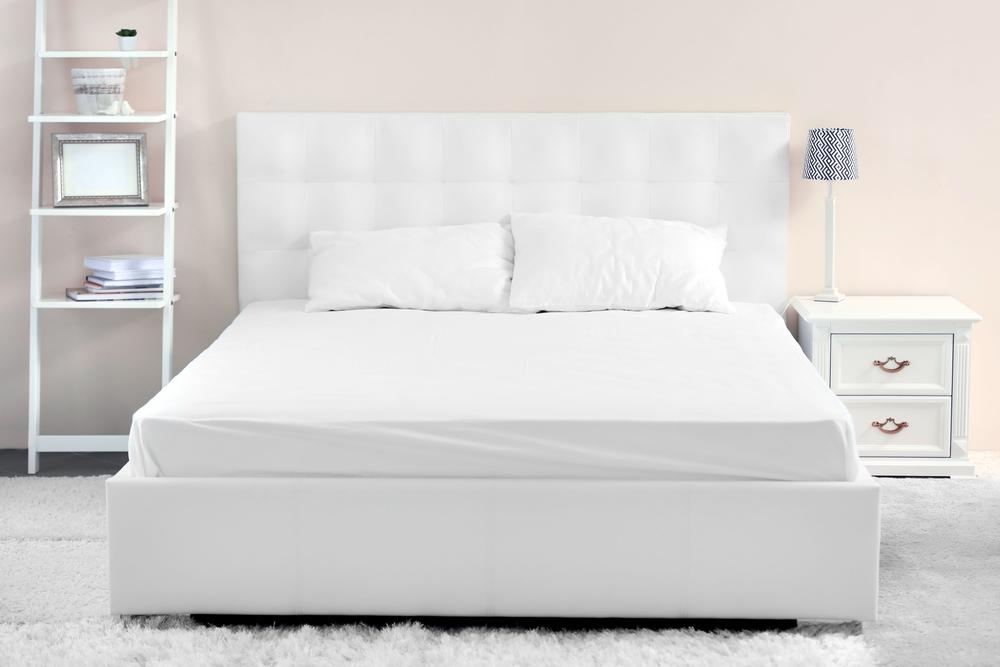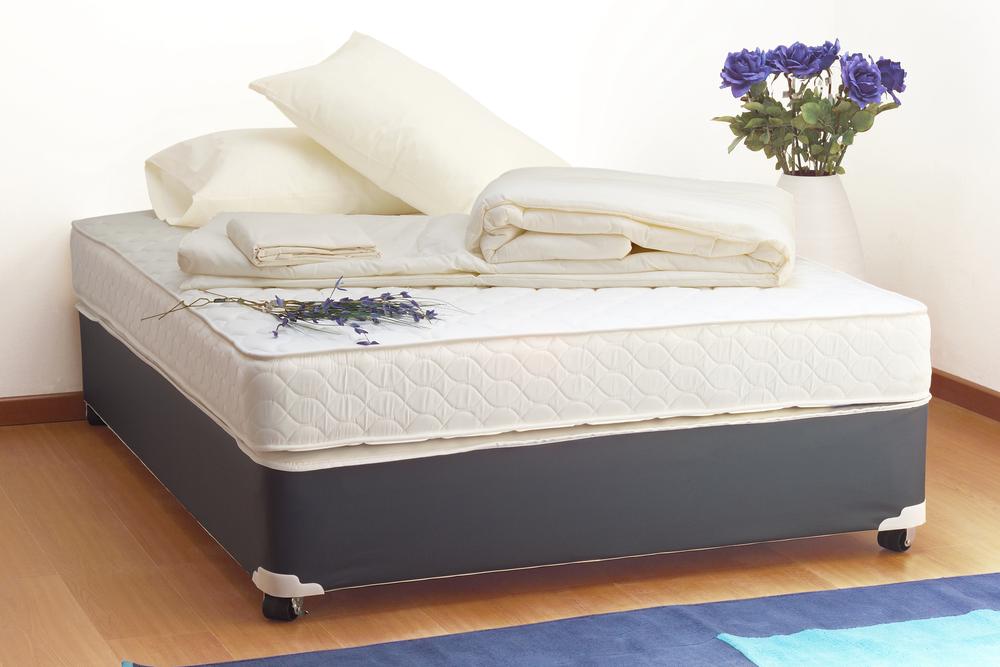Comprehensive Guide to Choosing the Perfect Mattress for Optimal Sleep
Discover a detailed guide to choosing the perfect mattress. Learn about core materials, support factors, sleeping positions, and cooling features to find a mattress that promotes restful sleep and spinal health. Make an informed decision with expert insights and tips on selecting the ideal mattress tailored to your unique needs and preferences. Improve your sleep quality and overall well-being today.

Essential Factors to Consider When Selecting Your Ideal Mattress
Finding the perfect mattress is a crucial step towards achieving restful and rejuvenating sleep. With countless options available in the market, making an informed decision requires understanding the fundamental aspects that influence comfort, support, and durability. This comprehensive guide explores the key factors to consider when selecting a mattress, ensuring you make a choice that caters to your unique needs and preferences. A well-chosen mattress not only enhances sleep quality but also promotes better spinal health and overall well-being.
The core material of a mattress plays a pivotal role in determining its support and comfort. The four most prevalent types include latex, foam, air chambers, and traditional innerspring systems. Each type offers distinct benefits suited to different sleep preferences and physical needs. Latex mattresses are known for their durability, responsiveness, and natural composition, making them ideal for sleepers seeking eco-friendly options. Foam mattresses, particularly memory foam, conform closely to the body's contours, providing excellent pressure relief but may retain heat if not designed with cooling technology.
Air-filled chamber mattresses utilize adjustable air pressure, allowing customization of firmness levels, which is especially useful for couples with differing preferences. Innerspring mattresses, comprising metal coils, are renowned for their bounce and breathability; however, the coil type and quality significantly influence their longevity and support. Heavier individuals often benefit from mattresses with thicker, more robust coils to prevent sagging and to offer consistent support, thereby reducing discomfort during sleep.
Beyond core material, the construction technique influences mattress performance. Pocketed coils wrapped in fabric reduce motion transfer, making them suitable for partners sensitive to movement. The choice of support layers, the density of foams, and the upholstery all contribute to a mattress's overall feel and durability. Understanding your body weight and sleeping habits is essential in selecting a mattress that offers the right balance of support and comfort.
In addition to material and weight considerations, the body type and sleep position are critical factors. Personal sleep preferences, such as firmness levels and responsiveness, vary widely among individuals. A mattress’s firmness is often rated on a scale from 1 (softest) to 10 (firmest), and selecting the appropriate firmness enhances sleep quality and spinal alignment.
Side sleepers typically benefit from medium firmness mattresses (around 3-6), which cushion the shoulders and hips while supporting the neck and spine. This helps alleviate pressure points and reduce the risk of pain. Back sleepers generally prefer slightly firmer support (around 4-7), which maintains natural spinal curvature and prevents sinking. Stomach sleepers need firm support (around 5-7) to keep the pelvis aligned with the spine, reducing strain and discomfort in the neck and back.
Cooling features also play a vital role, especially for those prone to overheating during sleep. Technologies such as gel-infused foams, breathable cover materials, and airflow-promoting designs help maintain a comfortable temperature throughout the night. Comfort layers, which include foam padding or quilted upholstery, contribute significantly to the mattress's overall softness and support, impacting how well you sleep and how long the mattress remains functional.
In summary, choosing the right mattress involves a careful evaluation of core materials, support structures, personal body weight, sleeping position, and comfort preferences. Evaluating these factors thoroughly ensures you select a mattress that promotes restful sleep, supports spinal health, and adapts to your specific needs for years to come. Investing in a high-quality, well-suited mattress can be transformative, leading to improved overall health, increased energy levels, and a better quality of life. Remember, a good night’s sleep is the foundation of good health, so take your time to research and test different options before making a final decision.





